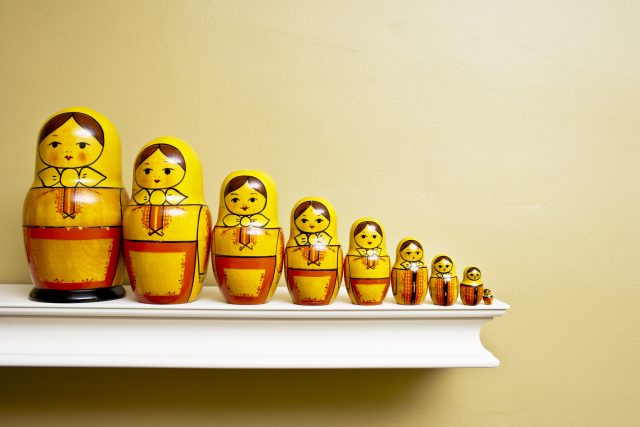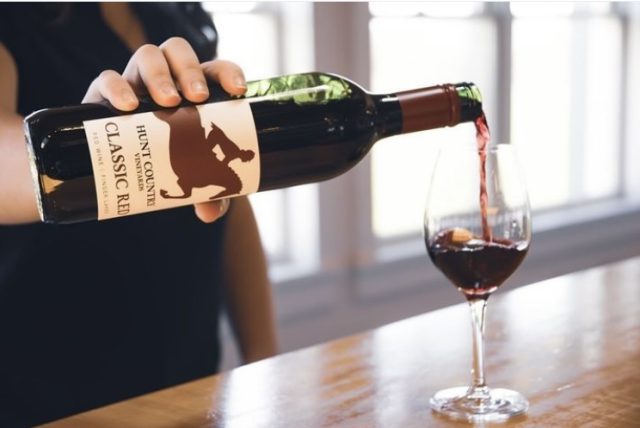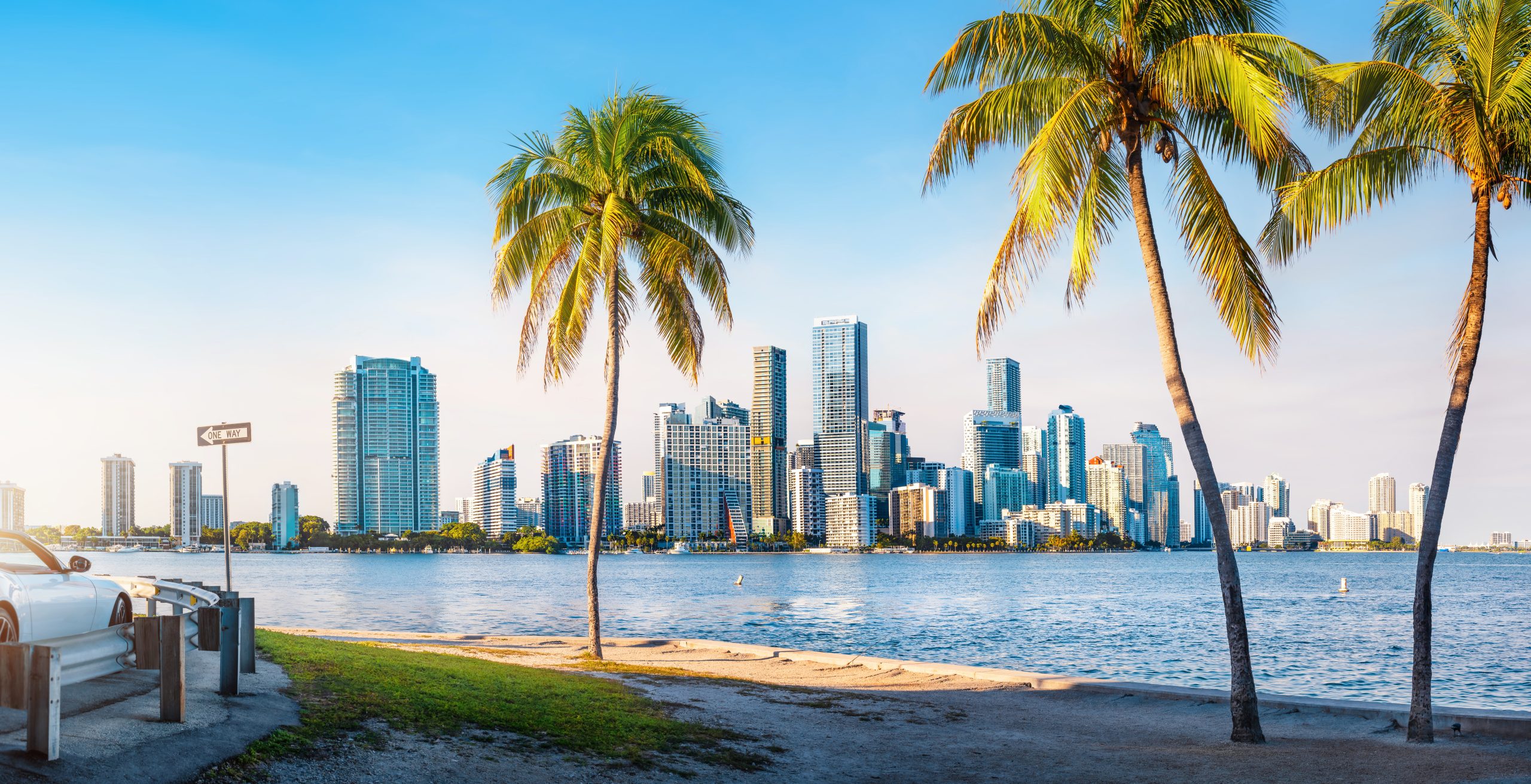IWCA extends offer to ‘micro-wineries’
In March, International Wines for Climate Action (IWCA) made it possible for smaller wineries to apply for “affiliation”. Three months on, Sarah Neish looks at what the move means for inclusivity in the increasingly complex world of sustainable certification.

When International Wines for Climate Action (IWCA) was established in 2019 it had just two founding members: Spain’s Familia Torres and California’s Jackson Family Wines. This year, IWCA celebrates its fifth birthday, by which point it has welcomed 48 wine producers from 12 different countries into its fold, becoming a powerful force of (and for) nature.
Its membership numbers are no small feat given the administratively gruelling process, and ongoing improvement to a business that IWCA certification requires. So it’s perhaps no surprise that member companies tend to be on the larger side – the likes of Chile’s VSPT, for example, India’s Sula Vineyards and Yealands Wine Group in New Zealand. Constellation Brands and Sogrape are also on the books, as are Washington’s Ste. Michelle and Port powerhouse Symington Family Estates.
However, earlier this year, with little fanfare, something rather exciting happened.
Acknowledging that crunching the data in order to calculate a company’s carbon baseline is often more challenging for smaller producers with less personnel, IWCA decided to do something about it.
Defining a ‘micro-winery’ as one which produces less than 135,000 litres per year, in March IWCA created a specific protocol to “facilitate the participation of smaller wineries”, which it hoped would “incentivise them to join the movement.”
“Often such wineries find it difficult to comply with the demanding IWCA protocols due to limited manpower and resources,” Josep Ribas, founding board member of IWCA and sustainability manager for Familia Torres, tells the drinks business.
Although they won’t be considered full members, micro-wineries will “benefit from taking part in all IWCA initiatives and knowledge sharing as part of our membership programme,” he added.
Three months on, and two micro-wineries are already considering their application, according to Charlotte Hey, executive director, IWCA.
“Three months in is quite short a time for this kind of process. We allow wineries a year to calculate their emissions, so it’s very recent,” she tells db.
But the interest, it would seem, is there. Or at least it’s starting to be.
What does the micro-winery application involve?
“We are asking micro-wineries to measure all of their Scope 1 [fuel use] and Scope 2 [electricity purchased] emissions, plus the most representative Scope 3 emission categories in their carbon calculation, such as purchased grapes, packaging, transport etc.” says Ribas.
“They are also required to sign a written commitment to achieve Net Zero emissions before 2050, as official partners of the UN’s Race to Zero campaign.”
Partner Content
Furthermore, micro-wineries must commit to repeating the measuring process “at least every other year,” he adds.

Speaking to the drinks business, Suzanne Hunt, co-owner of Hunt Country Vineyards in the Finger Lakes, New York State, and one of the two micro-wineries currently considering IWCA affiliation, the opportunity is “fantastic” for those who don’t have the “staff bandwidth for more intensive involvement.”
“I think it’s fantastic that the IWCA created the micro-winery membership option for small family wineries that are doing the work to reduce their emissions, but don’t have either the staff bandwidth, or the volume of sales to justify the higher fees,” she says.
The new membership “helps to expand the community of wineries that are working towards shared goals while spanning a massive diversity of sizes and locations,” Hunt adds.
A portion of Hunt Country’s vineyards are already certified organic and several wines are made from organic grapes, while 348 solar panels have been installed on its building’s roofs since 2015.
“Our local banks had never financed large commercial solar power systems so we arranged for the President of the NY Green Bank and some of his staff to spend an afternoon fielding their questions related to warranties, equipment depreciation, etc.,” Hunt revealed previously.
As well as international grapes such as Cabernet Franc, Chardonnay, and Riesling, Hunt Country also grows Vidal Blanc (a crossing of Trebbiano and Seibel) and Vignoles (a hybrid of Seibel and Pinot Noir).
“We want IWCA to be a global organisation that is inclusive and open to all… whether they are small, medium or large, no matter where they are based,” says Ribas. “This new aspect of our certification is to enrich the group by ensuring this proactively searched diversity.”
Speaking at a tasting of ‘low emission’ wines held at London’s 67 Pall Mall this month, Charlotte Hey stressed that IWCA had launched the micro-winery extension of the scheme “to make sure we’re being as democratic as possible,” and stressed: “We’re not just geared towards big companies.”
Those bigger companies, Hey says, tend to have their own sustainability department which can help compile all the necessary information and analysis, whereas when it’s a small winery “it’s the owner. They’re trying to do everything themselves.”
It is hoped the move will make it more feasible for smaller producers to signpost their efforts at carbon reduction for consumers and the trade, and to align themselves with “a rapidly growing collective” of IWCA members.
Related news
Bordeaux 2024 en primeur: St-Estèphe confounds expectations




